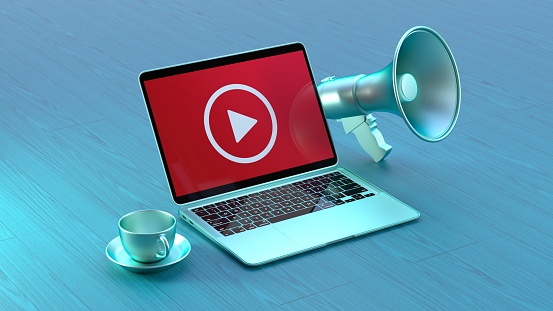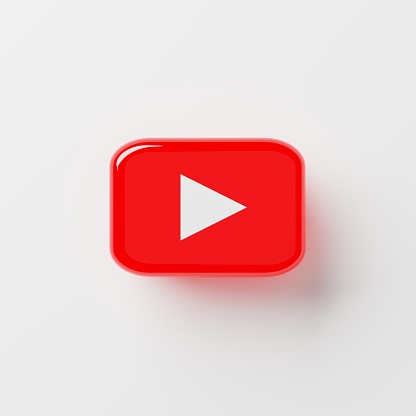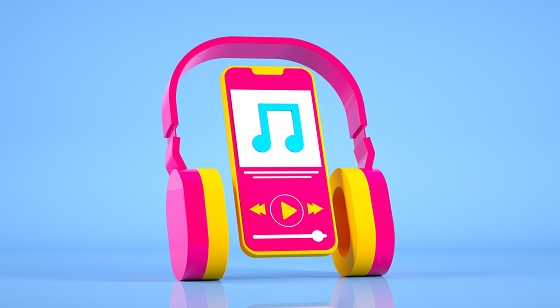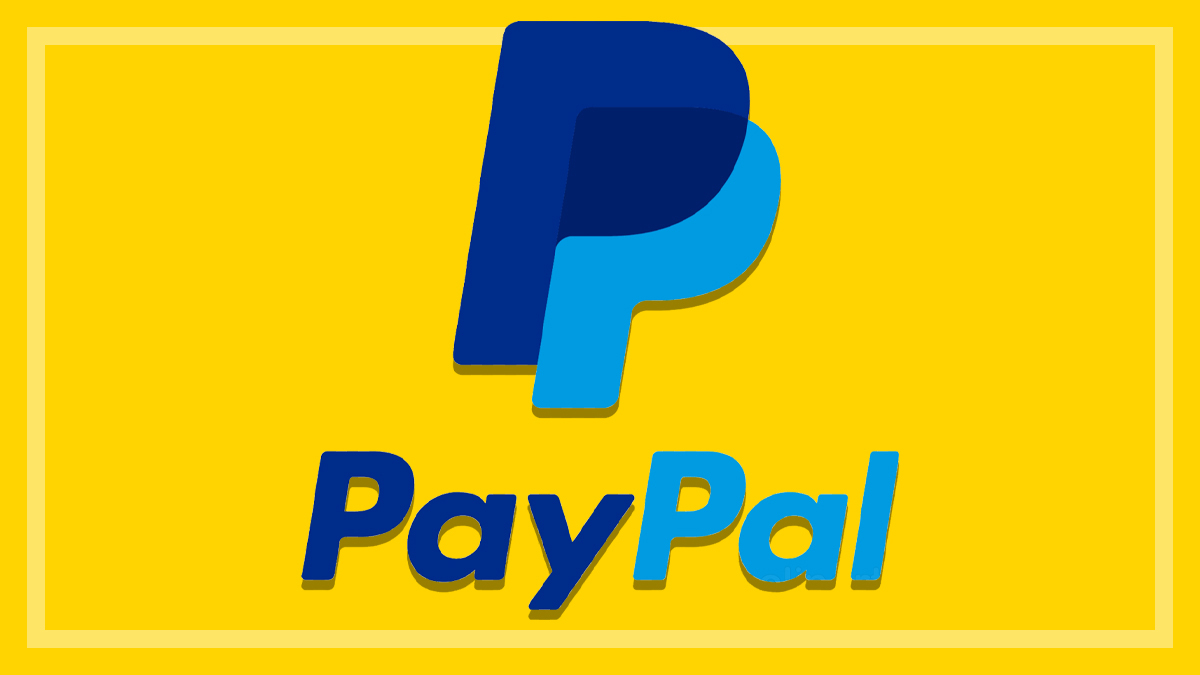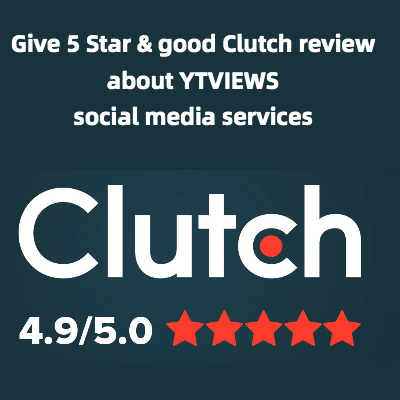Facts and statistics on social media and healthcare
Social media has changed the way that we interact with
the world around us.
In many ways, it has helped to remove the barriers
between people and the companies that impact their
lives on a daily basis. We have grown accustomed to
engaging with everything from transportation companies
to quick service restaurants to apparel companies on
platforms like Facebook, Twitter, and Instagram, but
what you may not know is that some of the most
meaningful social media interactions that take place
involve health care.
Here are some eye-catching statistics about the
intersection of social media and health care that should
encourage you to increase your presence on these
crucial platforms.
1. Your Target Audience is on Social Media
The sheer number of active social media users is
staggering. No matter what demographic you have
targeted for growth, they are present on multiple social
networks:
72% of all internet users actively use social media.
Worldwide, this works out to 2.8 billion active social
media users.
- 43% of Baby Boomers turn to social media for
health information. If growing your Medicare patient
population is your goal, then it’s impossible to
overstate how important social media can be to
your overall success.
- 19 million people over age 55 use Facebook. This
broad group can encompass parents, family
caregivers, and people approaching Medicare
eligibility. As such, a variety of messages can
resonate with this audience.
2. Your Audience is Seeking Health Information on Social Media
Social media provides a unique opportunity for people of
all ages to have conversations around the things that
interest them most. When it comes to health care, social
networks play an important role in everything from
information gathering to connecting with people going
through similar experiences. Consider the following:
- 80% of internet users search for health information,
and almost 50% would like information about a
specific doctor. This means that it is not just
important to provide guidance on health-relatedtopics; it is also crucial to put a real face to your
providers wherever possible. Share your doctors’
awards and recognition, as well as any prominent
opinions they have offered within their disciplines.
- 60% of consumers say they trust doctors’ social
media posts. Compare this to the 36% who trust
posts from pharmaceutical companies.
3. Social media advertising is only effective for
Health care Organizations :
Social media channels, specifically Facebook, possess
powerful targeting capabilities that enable businesses to
serve ads to the exact right audience for their services.
Thanks to a recent multi-industry study, we also know
that Facebook ads are an especially useful tool for
health care organizations:
- On a cost-per-click basis, health care ads are 24%
less expensive than other Facebook ads, and they
convert more often than the platform benchmark.
With most major social media platforms shifting to
an algorithm-based system of delivering posts,
social media advertising is a necessary component
of any digital marketing plan.
- Whether you are a seasoned social media
advertiser or you are looking to expand your effortsto include social media, Facebook provides an
ecosystem where health care ads are highly
successful as compared to other industries.
So these were the major facts and statistics on social
media and healthcare .
Happy reading.
Related Posts












